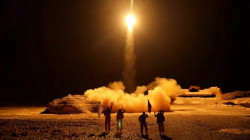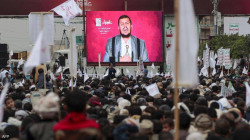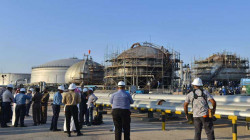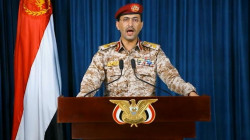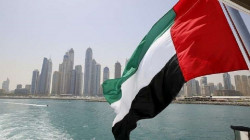Report: why Arab states are steering clear of anti-Houthi naval task force?
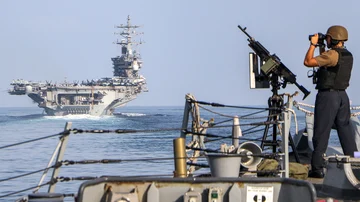
Shafaq News/ The US launched a multinational naval task force to counter Houthi attacks in the Red Sea and Gulf of Aden on Monday. Observers were quick to notice it featured just one country from the Middle East: Bahrain.
Ten nations were officially announced as participants: the US, UK, Canada, France, Italy, Netherlands, Norway, Seychelles, Spain and Bahrain. They are set to share maritime intelligence in the region and conduct joint patrols.
The naval group will be coordinated by the Combined Task Force 153 (CTF-153), a US-led initiative set up last April to provide maritime security in the Red Sea, Bab el-Mandeb and the Gulf of Aden.
Yemen's Houthis have carried out several attacks in recent weeks, targeting ships which it said were linked to Israel.
The Houthis said they would continue to target Israeli-linked vessels "until the Israeli aggression against our steadfast brothers in the Gaza Strip stops".
Last month, it seized cargo vessel Galaxy Leader, which is currently docked in the Yemeni port city of Hodeidah. A number of shipping giants, including Evergreen and BP, are swerving the Red Sea in fear of Houthi assaults.
A US defence official told the Associated Press that other countries agreed to be part of the US-led task force, but preferred not to be publicly named. The absence of Saudi Arabia and the United Arab Emirates, in particular, has raised eyebrows.
For Riyadh, its recent rapprochement efforts with the Houthis, and its close ally Iran, likely played a role.
“Saudi Arabia has been engaged for months in a difficult political process with the Houthis, with the goal of negotiating the terms of its defeat in Yemen and its withdrawal from the war,” Thomas Juneau, associate professor at the University of Ottawa, told Middle East Eye.
In March 2015, a Saudi-led coalition, which included the UAE, intervened on behalf of the Yemeni government to push back the Houthis after they took control of capital Sanaa. Eight years later, the two warring sides are now meeting publicly to talk peace.
Juneau said that an escalation in the Red Sea, with Saudi Arabia actively contributing to the anti-Houthi coalition, could open the country up to more Houthi attacks.
“This would be very damaging for [Saudi] Crown Prince Mohammed bin Salman, who has been investing significant effort in moving his country’s foreign policy away from the more confrontational stance of earlier years,” Juneau said.
The UAE, which has also been attacked by the Houthis in recent years, has similar fears.
“We've seen in the past that the Houthis have that capability to strike the UAE directly,” Andreas Krieg, assistant professor at the Defence Studies Department of King's College London, told MEE. “That's a major security concern in Abu Dhabi at the moment.”
Eleonora Ardemagni, senior associate research fellow at the Italian Institute for International Political Studies, believes Arab and Gulf states will take a “wait and see approach”.
She notes that the new task force is under the umbrella of CTF-153, which most US allies in the region are part of.
Bahrain, Egypt, Iraq, Jordan, Kuwait, Oman, Qatar, Saudi Arabia, Turkey, the UAE - and even Yemen (under its internationally recognised government) - are among 39 member nations in the Combined Maritime Forces.
“Since nobody wants to be in the sights of attacks by the Houthis or other Iranian-backed groups, it is likely they are opting for keeping a low profile, maybe providing only intelligence support to the operation,” Ardemagni told MEE.
For Bahrain, its close naval coordination with the US is likely to have contributed to its willingness to publicly participate.
Ardemagni noted that Bahrain hosts the headquarters of the US Fifth Fleet in t…
